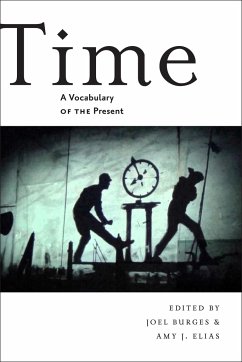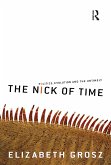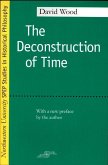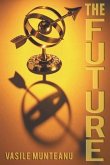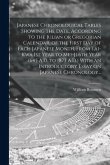The critical condition and historical motivation behind Time Studies The concept of time in the post-millennial age is undergoing a radical rethinking within the humanities. Time: A Vocabulary of the Present newly theorizes our experiences of time in relation to developments in post-1945 cultural theory and arts practices. Wide ranging and theoretically provocative, the volume introduces readers to cutting-edge temporal conceptualizations and investigates what exactly constitutes the scope of time studies. Featuring twenty essays that reveal what we talk about when we talk about time today, especially in the areas of history, measurement, and culture, each essay pairs two keywords to explore the tension and nuances between them, from "past/future" and "anticipation/unexpected" to "extinction/adaptation" and "serial/simultaneous." Moving beyond the truisms of postmodernism, the collection newly theorizes the meanings of temporality in relationship to aesthetic, cultural, technological, and economic developments in the postwar period. This book thus assumes that time-not space, as the postmoderns had it-is central to the contemporary period, and that through it we can come to terms with what contemporaneity can be for human beings caught up in the historical present. In the end, Time reveals that the present is a cultural matrix in which overlapping temporalities condition and compete for our attention. Thus each pair of terms presents two temporalities, yielding a generative account of the time, or times, in which we live.
Hinweis: Dieser Artikel kann nur an eine deutsche Lieferadresse ausgeliefert werden.
Hinweis: Dieser Artikel kann nur an eine deutsche Lieferadresse ausgeliefert werden.

